The Meaning of Life—And 27 Other Major Unanswered Questions in Science

The last century—just the last decade, even—has seen astonishing leaps forward in science and technology, as we’ve gained a better understanding of our world and how it functions. But while science has the answers for questions our ancestors would never have believed we’d figure out, there remain many huge questions that have yet to get fully satisfying answers.
These range from the philosophical to the practical, from total mysteries to questions we’ve come close to answering but are not quite there. Read on to discover what they are. And to read more about more space-related conundrums, check out 21 Mysteries about Space No One Can Explain.
1
How exactly did life begin?
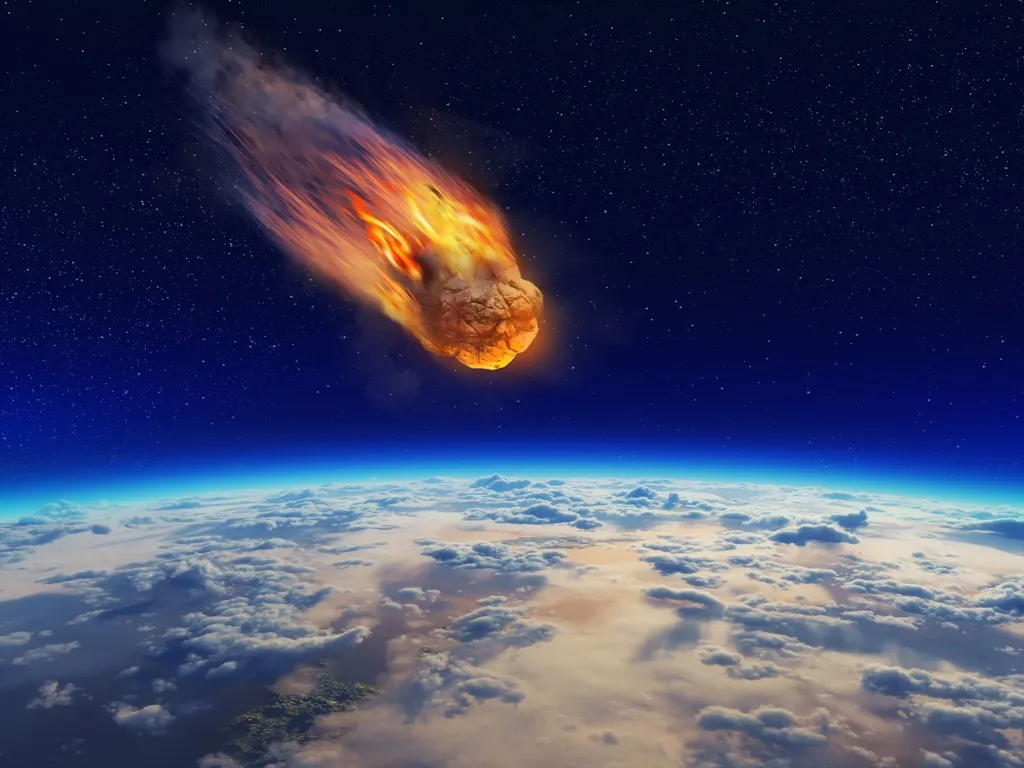
Don’t misunderstand us here—evolutionary biologists have a pretty good idea how certain organisms evolved into others, but they still don’t know what kicked it all off. How did we get from the “primordial soup” of the building blocks of life to the formation of self-replicating cells?
The leading theory for the past 50 years has been that an electrical discharge led to chemical reactions that created the first amino acids, but scientists don’t all agree. Some think the causative factor was volcanic action and others think it may have been meteorites that brought life to us.
2
Why do we dream?

“Why?” might be the most difficult question for science to answer. Humans certainly do dream, as evidenced by advanced brain imaging technology, but what purpose does it serve? Why do our neurons keep firing even as our body and conscious mind are at rest?
Cognitive scientists theorize that memory, learning, and emotions may be tied to our ability to dream, but so far, they have found no conclusive links that would explain the odd little movies our brains play for us while we sleep. And if you’ve always wondered what those weird dreams that you keep having mean, check out 50 Secrets Your Dreams Are Trying to Tell You.
3
Is there a pattern behind prime numbers?

In case you’ve forgotten since your last math class, prime numbers are those that are divisible only by themselves and 1. Examples include the numbers 3 and 7 and 3,169. Think of them as the building blocks of numbers, since they are unreducible to smaller factors. This property lets them serve as encryption keys for digital security, but it also means that mathematicians have been unable to discern a pattern for which numbers are prime, a problem known as the Riemann Hypothesis.
Counting up from 1, you can have three prime numbers in a row, but then go forty or more numbers without finding another prime. Unlocking this puzzle could have consequences for a society like ours whose communication networks are entirely built on numbers. And if you don’t quite remember what a prime number is and you want to see if you could still get a passing grade, check out 30 Questions You’d Need to Ace to Pass 6th Grade Math.
4
What is the cure for cancer?

Sadly, we will never be able to find a single cure for cancer because the term “cancer” actually applies to a whole collection of diseases that are encoded into our genes. Just as we’ll never wipe all bacteria off the earth, we can’t create a pill or shot that will cure all types of cancer.
However, as we keep getting better and better at both prevention and treatment, we will better understand the factors that are within our control and learn how to avoid them. To find out more about what cancer does to the body, check out 23 Cancer Warning Signs Hiding in Plain Sight.
5
Can we travel through time?

We all, of course, travel forward through time at a regular, and Einstein’s theory of special relativity posits that time can be compressed such that a person going fast enough might be able to travel far into the future. Using concepts like wormholes, some physicists have even suggested that it might be possible to visit the past. But if that were the case, wouldn’t people from the future be able to live among us today?
We don’t know, and these hypotheses just aren’t testable under known conditions today. As we expand our ability to see through and travel in space, we might learn more and better understand what’s possible.
6
Is our universe the only one?
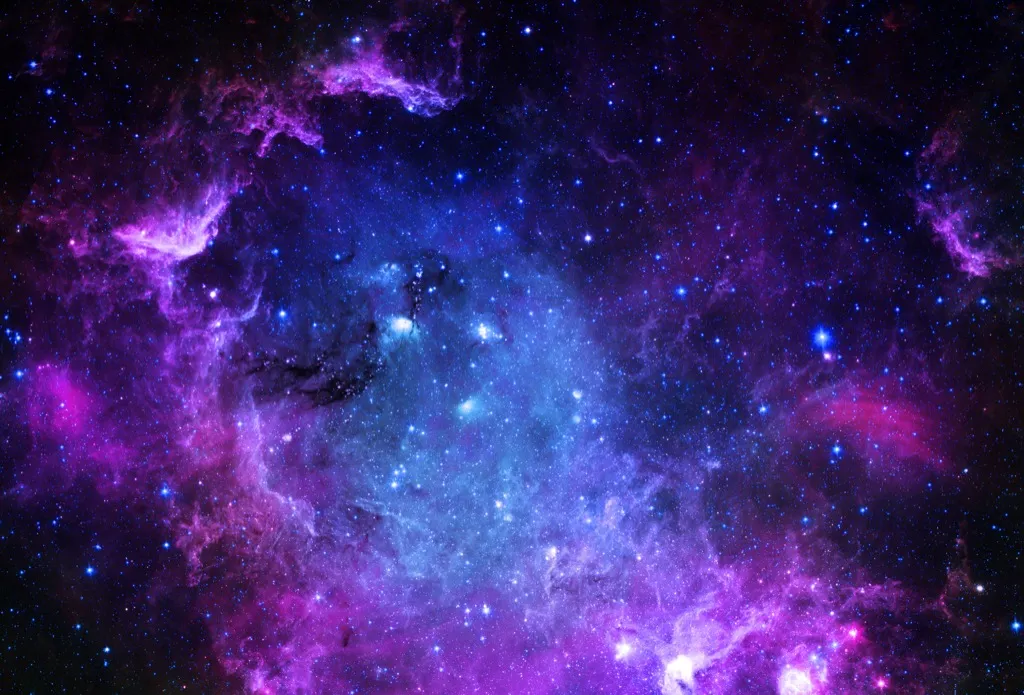
Similar to time travel, interdimensional travel is another beloved sci-fi concept that seems to offer limitless potential. Are there in fact parallel universes out there, coexisting with our own? The “many worlds” interpretation of quantum physics certainly thinks so.
According to this theory, all possible histories and futures are real. Reality is like a tree with infinite branches, and we only get to travel down one. Sadly, it seems highly unlikely that we can create a machine that will transport us to the universe of, for example, talking bananas.
7
What exactly is consciousness?

The concept of consciousness exists in the gray area where science meets philosophy. What is this quality that you and I have that makes us aware of ourselves, that allows us to think and hope and create?
If we could run an electrical current through a disembodied brain such that it seemed to function just like the brain in a living person’s head, could we say that brain is also conscious? The fact that there doesn’t seem to be any universal way to detect or measure consciousness is what makes it so frustratingly elusive. We can’t quite understand the very thing that lets us understand the world. And for some astonishing truths we do know, see these 100 Awesome Facts About Everything.
8
Where is all the antimatter?
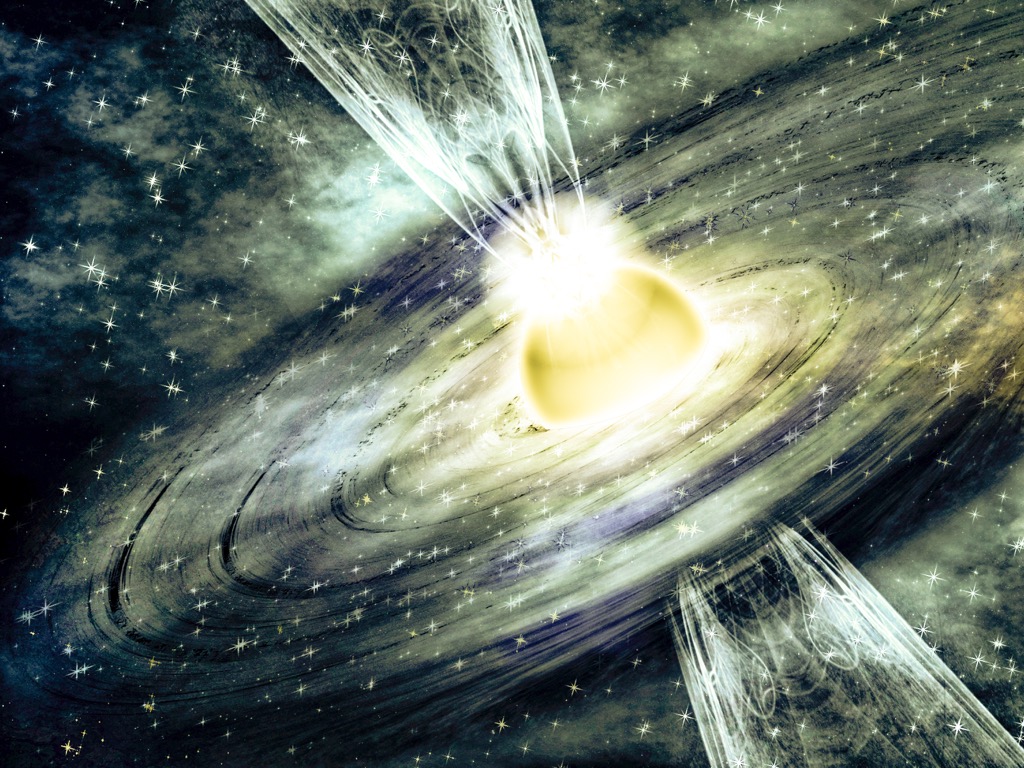
Antimatter is a hard concept to wrap your head around—it’s made of atoms with the opposite electrical charges of corresponding matter. Whenever scientists have been able to create (tiny) amounts of antimatter in a lab, they also create the same amount of matter, and the two substances quickly cancel each other out in a burst of energy.
What’s so perplexing about these experiments is that scientists perform them in an attempt to understand the Big Bang, which is thought to have created all the matter in the universe. However, if creating matter means creating an equal amount of antimatter at the same time, why does our universe—full of matter as it is—exist at all? Where did all that antimatter go, and why didn’t it cancel out the matter?
9
Why is the universe so heavy?

When astrophysicists sit down to calculate a broad formula to describe the way the universe behaves, they can do a reasonably accurate job… if they assume that there’s an enormous amount of mass out there that we can’t detect yet.
This unseen stuff, or “dark matter,” accounts for about 95% of the mass in the universe, and yet we don’t know what it is, where it is, or why we can’t observe it. Astronomers have even come across evidence of “dark energy” that is pushing the universe to expand.
10
Can we create energy the same way the sun does?

Not all of science’s mysteries are as abstract as dark matter; some are as practical as finding a way to produce electricity. Since we know that fossil fuels are limited, we need to find a renewable and clean way to produce energy.
We know how stars do it—by splitting apart or fusing together molecules—but we have yet to find a way to safely reproduce it on a human scale. If we can find a way to create energy by splitting water into hydrogen and oxygen, we may have found the holy grail of renewable energy.
11
How do we live with bacteria?

The development of antibiotics is quite possibly the most significant discovery in modern medicine, since it not only cures some diseases directly, but also makes injuries and surgeries infinitely more survivable.
However, overuse of antibiotics has caused some bacteria to evolve into forms that our drugs can’t beat. How we overcome this problem without entering a sort of arms race with germs or killing off the good bacteria we need to live will require continued study of bacterial DNA. Remarkably, we’re still discovering new bacteria in such unexplored places as the deep ocean floor.
12
Is the ocean the real final frontier?
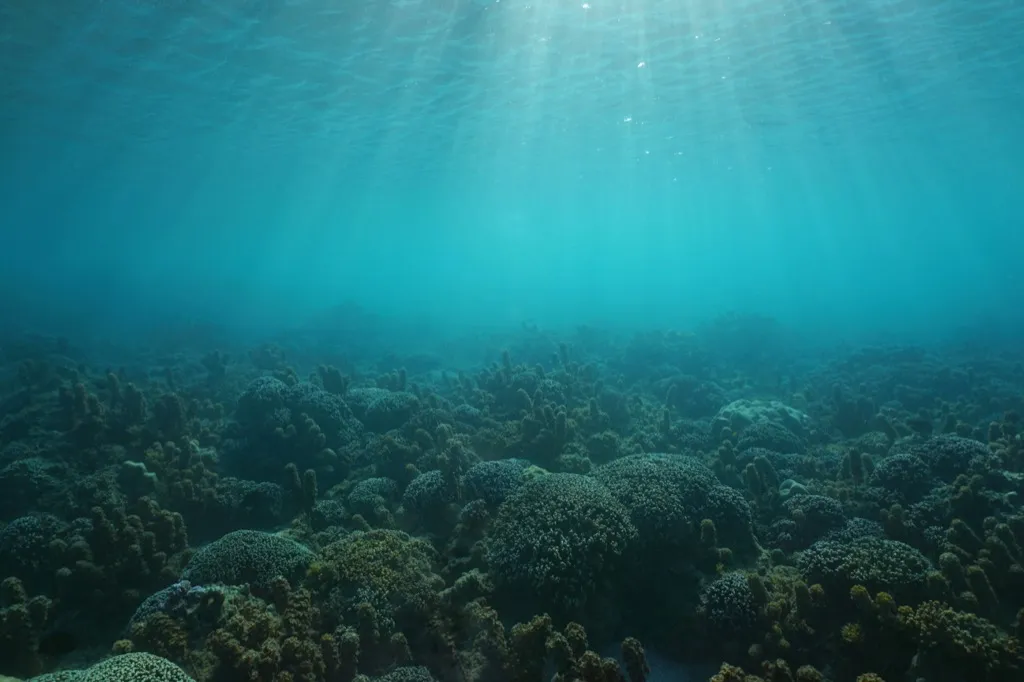
Speaking of the deep ocean, marine biologists estimate that we’ve only explored about 5% of the bottom of the sea. In many places, the floor is so deep and the water above it so heavy that we have to send unmanned probes to capture images and samples for us to study.
The organisms that we’ve found so far are, in scientific terms, just plain weird. There are tube worms that live on sulfur vents and fish with transparent heads and a substance that might help treat Alzheimer’s disease. What else haven’t we found yet? See what else you don’t know about the ocean, and check out 30 Facts About the World’s Oceans That Will Blow Your Mind.
13
Do we have to die?

We already live much longer—and healthier—lives than our ancestors did, so is there a limit to how long science can extend a human life? Of course, delaying death and preventing it altogether are two very different things, but our increasing understanding of aging, diseases, and our own DNA is pushing the upper limit of our lifespans. Scientists have already found ways to reverse aging in individual cells, but they are still a long way from translating that research into a usable medical procedure.
14
How fast and small can computers be?

Comparing the room-sized, punch card computers of the 1960s to the phones we now carry in our pockets is almost comical. To the programmers of 50 years ago, a smartphone would seem like the most outlandish science-fiction. Is this trend going to continue? Will computers become infinitely smaller and more powerful?
Though transistors do become faster as they shrink, we are approaching the limit needed to transfer electricity. However, if computer scientists can create chips that communicate by light energy instead of electrical energy, that limit will fade away.
15
Will artificial intelligence happen?
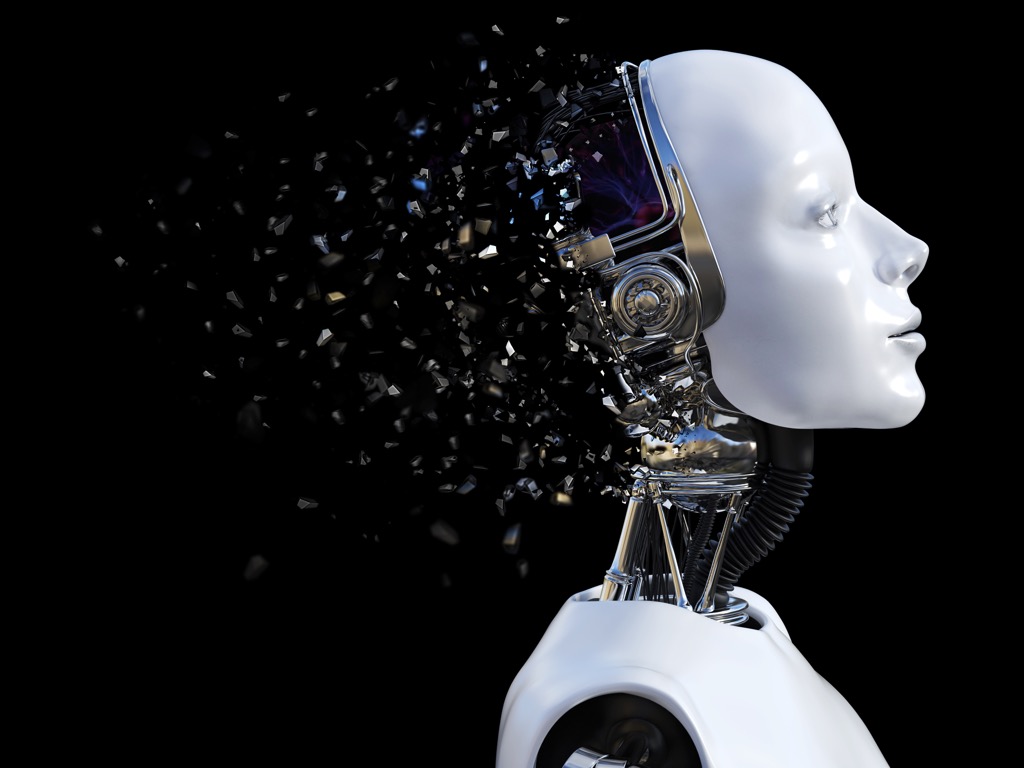
Of course, we have machines now that could be appropriately called “robots”—they do things like build our cars and package our candy. However, when most people talk about robots, they refer to machines with artificial intelligence.
Amusingly, scientists have been saying that AI technology is probably about 15-20 years in the future since the 1960s. One problem is how to define success—is it simulating human behavior or improving upon human skills like pattern recognition? Bring in the thorny subject of consciousness and there are still more questions than answers when it comes to human-like AI. To find out what other things experts say we won’t be seeing, check out 20 Long-Predicted Technologies That Are Never Going to Happen.
16
How big will the population get?

As of 1987, there were 5 billion human beings on the planet. We passed 6 billion in 1999 and 7 billion in 2011, and the best estimates show us passing 8 billion by 2023. So… is there a limit?
Most scientists posit that there is, but they differ when it comes to what that limit is and how soon we’ll reach it. It’s expected that inadequate resources will slow population growth after 2037, but what exactly that will look like is up for debate. Food, clean water, and fuel are limiting factors, so how big of a population can our planet support for any sustained length of time? If you want to know what we should be preparing for, check out 30 Things Scientists Say Will Happen if the Population Keeps Expanding.
17
Will we ever know everything?

This question gets to the heart of the scientific method: observing a phenomenon, creating a model or narrative that describes the phenomenon, and using that model to make predictions. However, the science of the past few centuries has surpassed what we can observe with the naked eye, so new discoveries have relied on increasingly complicated technology. The tools we have are imperfect and therefore limited, so how much can we really know? We may never be able to create a model that describes everything, but how close can we get?
18
How big is the universe?

Right now, we can use telescopes of various kinds to “see” about 46.5 billion light-years in every direction. However, no scientist thinks the universe stops existing at the distance we can no longer observe it. How far, then, does it extend?
If the universe is flat, it could theoretically be infinite. If it has any curve to it, though, even one smaller than our instruments can detect, it could be the shape of a sphere and therefore limited. As our technology improves, we’ll likely be able to see farther, but we may never know for sure where it ends.
19
What happened before the Big Bang?

While the word “bang” brings to mind an explosion, the Big Bang is better described as the moment that space itself began to expand and physics as we know it began. The problem is that we need physics itself to describe the universe, so asking what the universe was like before physics is like asking what’s south of the South Pole.
It’s possible that quantum mechanics could describe the universe before the Big Bang, but we don’t know for sure that those laws were in place before the laws of physics.
20
Can we download our brains into computers?

This is one question for which scientists hope to have an answer in the next few decades. As computers increase in speed and complexity, we’re getting close to the day when artificial technology can approximate the power of the human brain.
Of course, there are some significant hurdles: supercomputers can’t run multiple simultaneous calculations, and the amount of memory necessary for the correct processing speed would be enormous. Additionally, while our ability to map the brain down to the synapse has improved, we’re still years away from being able to copy and paste a human mind.
21
How smart can one person be?
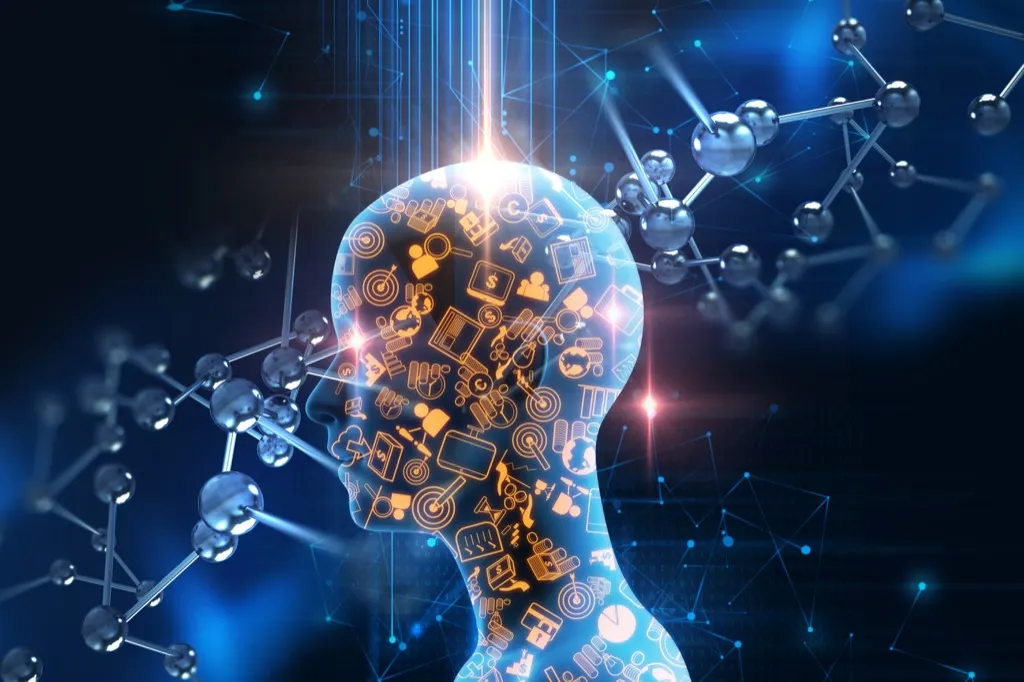
Before anyone can answer this question, they have to settle on a definition of intelligence. Is it merely IQ? Memory? The ability to do several complex tasks at the same time? The ability to create?
If you pick IQ, since it does offer a tangible metric, be aware that it’s a method for comparison, so the highest “possible” IQ is only as high as the world’s current smartest human. Also, remember that IQs can change and may be influenced by cultural factors. Perhaps the question we should ask instead is, “What does it mean to be smart?”
22
Will we ever be able to predict economic crashes?

Economics is a science, too, though its predictions have yet to prove valuable on a macro scale. In the wake of the 2008 financial crisis, many people asked, “How did nobody see this coming?”
The truth, of course, is that a few economists did, but those people are not necessarily rare geniuses in the field—their data and models for prediction just happened to be right in this instance.
Economics encompasses so many variables, both mathematic and psychological, that it is as hard to guess what entire financial systems will do as it is to guess all the choices a single person will make in their lifetime. Our calculations may improve as we amass more data, but the intersection of scientific limitations with human unpredictability likely means that we’ll never have a model for the economy like we do for, say, the replication of a cell.
23
What makes us human?

We know instinctively whether an organism or machine is human or not. Animals like parrots and dolphins might have something approaching human intelligence, but few would argue that alone makes them human. Nor would people say that chimpanzees, our closest relatives with whom we share 96% of our genetic material, are totally equivalent to people.
Where is the dividing line? Would we know it if we saw it? Is personhood possible outside of Homo sapiens sapiens? We have no definitive test that can give a yes or no answer.
24
Is it nature or nurture?

Just because this question is an old one doesn’t mean it isn’t still relevant. We understand genetics better than we ever have, but how much of who we are comes from our DNA and how much comes from the environment we were raised in?
Ethical considerations limit scientists in terms of experimentation—it would be unthinkably cruel to raise a baby in a box with no interaction of any kind—so we will likely never know for sure. However, as always, there is merit in understanding as much as we can.
25
Is there a unified theory of physics?
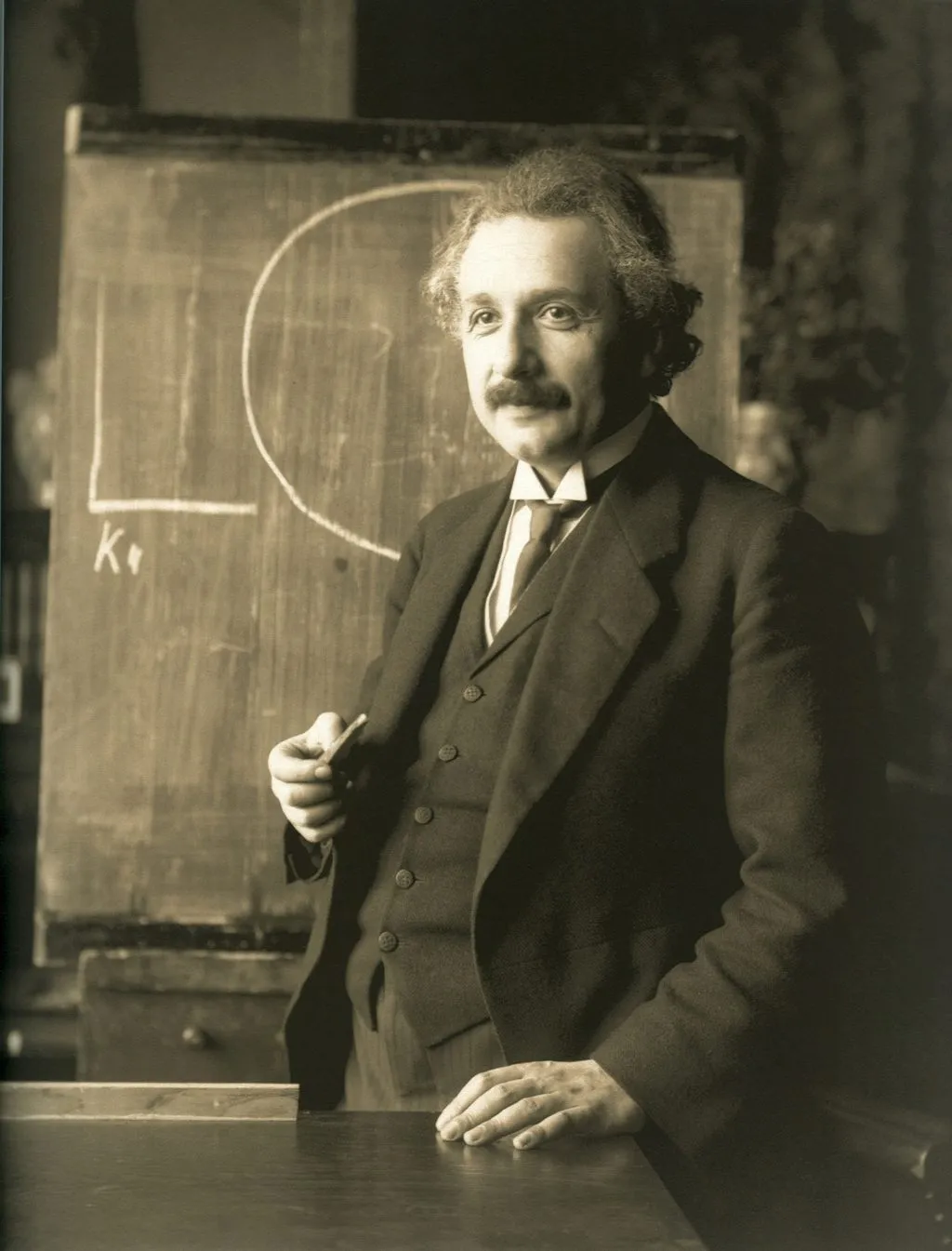
The physics you’re probably familiar with, at least in very basic terms, is the one you learn in high school—mass, velocity, gravity, etc. Einstein took this branch of physics to the extreme and used general relativity to describe both space and time. However, when you try to describe the way the very tiniest subatomic particles behave, you need quantum mechanics.
The problem comes when you try to use quantum mechanics to describe galaxies or general relativity to describe atoms; what we observe just doesn’t match up with what those theories say should happen. When physicists mention a “unified theory,” this is what they’re talking about—a way to link general relativity to quantum mechanics that makes sense to both. For tips and tricks on how to live a happy life, check out How to Be Happy, According to Albert Einstein.
26
What happens inside a black hole?
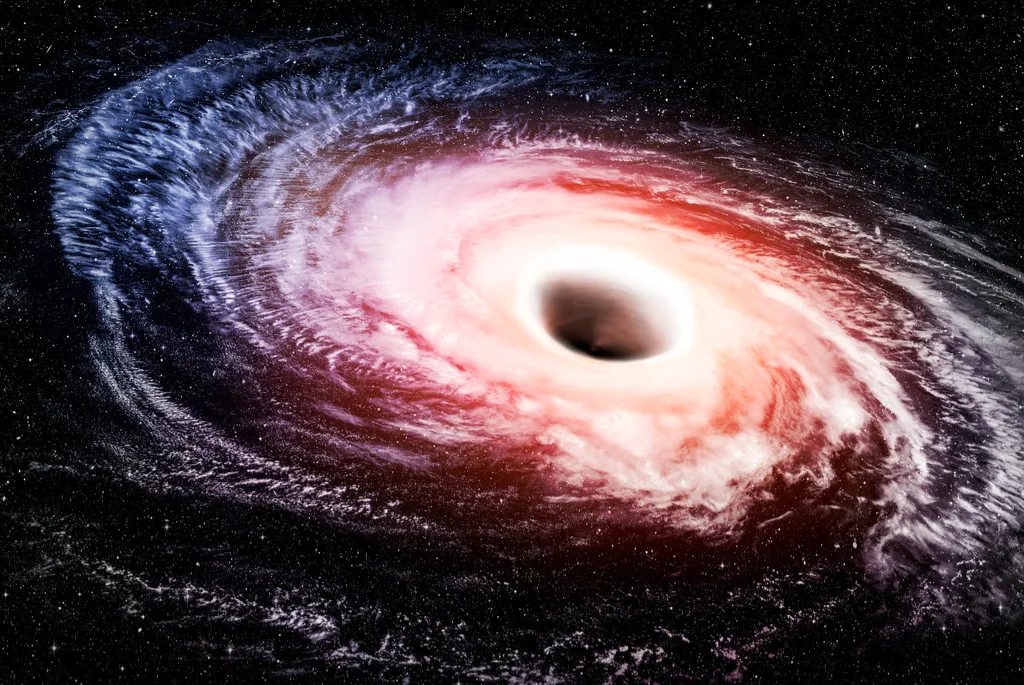
Black holes are where general relativity and quantum mechanics meet. When a massive star dies, it collapses in on itself, becoming so small and dense that it forms a singularity. The gravity around something that heavy is so strong that not even light can escape, giving black holes their name.
General relativity describes what we can observe of black holes, but to understand what goes on inside their event horizons, we probably need quantum mechanics. Unfortunately, since we can’t yet “translate” these concepts between the two types of physics, it’s hard to even form a solid theory of what we can’t yet detect.
27
Are we alone in the universe?
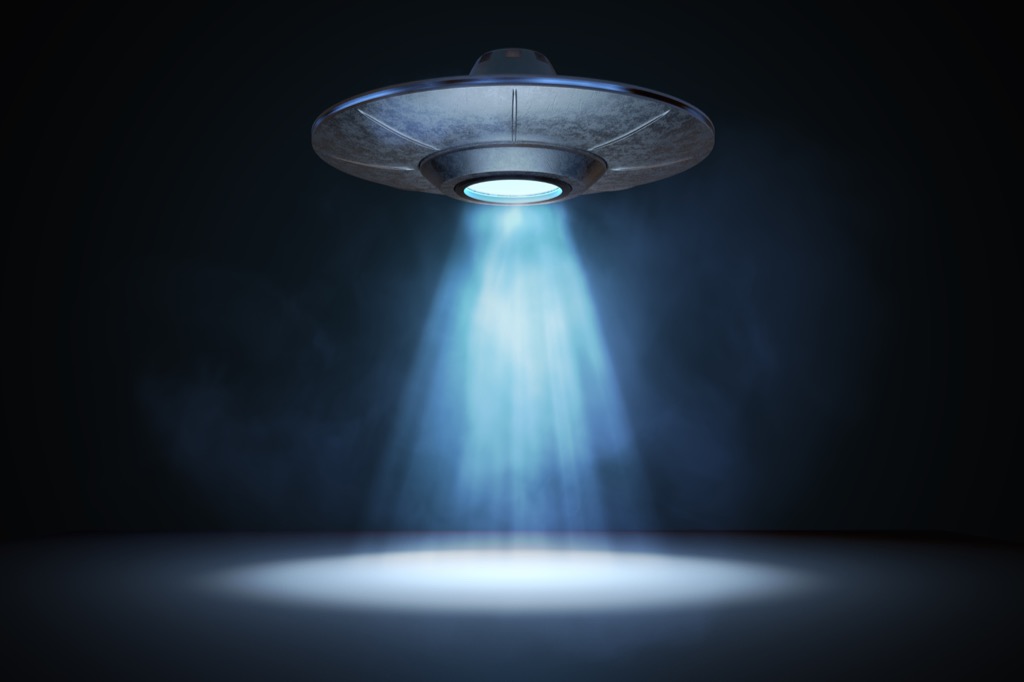
“Space is big,” wrote novelist Douglas Adams. “Really big. You just won’t believe how vastly, hugely, mind-bogglingly big it is.”
How can we truly say there’s no other life out there when we’ve only explored the tiniest fraction of it? We know that some other planets or moons contain oxygen and liquid water. We’ve even heard some signals from the reaches of deep space that scientists have been unable to explain.
So far, we haven’t come across any definitive evidence of life—even single-celled organisms—developing anywhere but earth, but it would be the height of hubris to declare that means we never will. If you want to learn about the crazy lives of those who explore space, check out 27 Insane Things Astronauts Have to Do.
To discover more amazing secrets about living your best life, click here to sign up for our FREE daily newsletter!